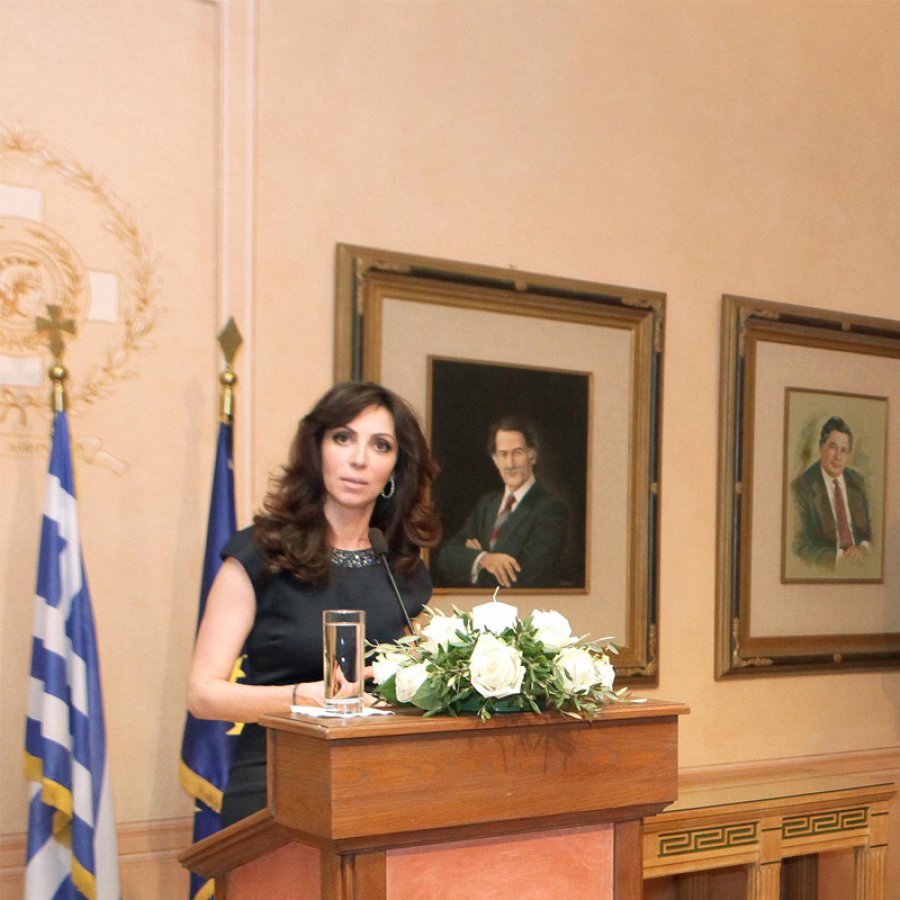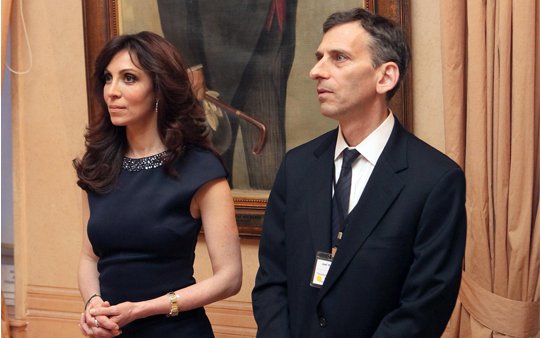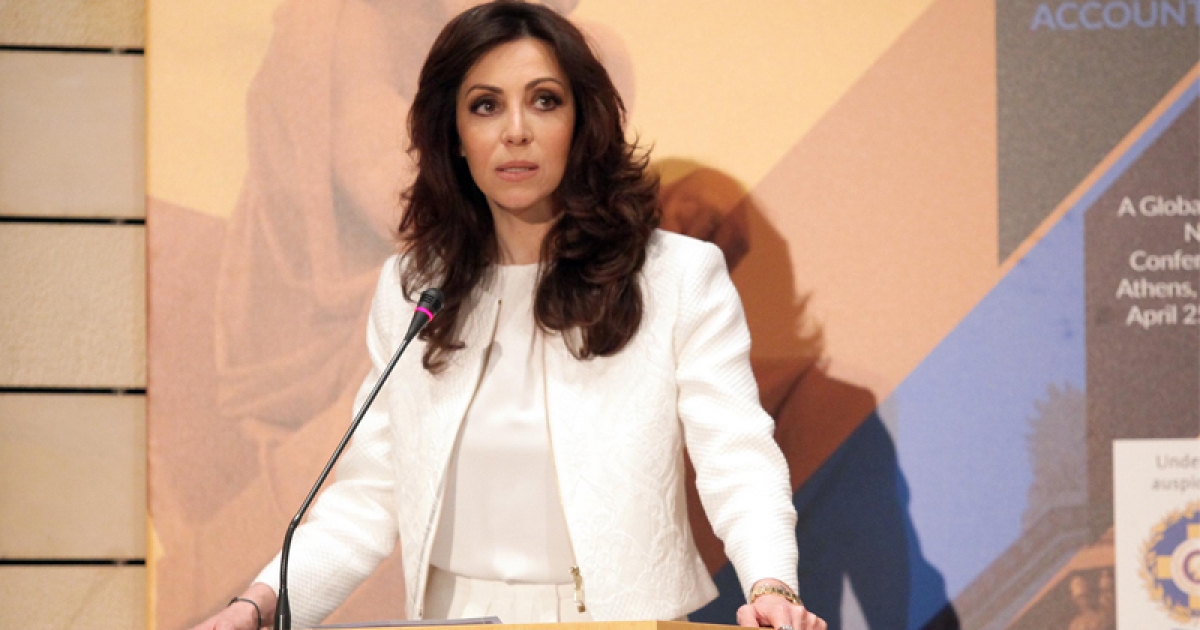Strategic Philanthropy & Developing A Giving Culture
The word ‘Philanthropy’ comes from the Greek words ‘philos’ (friend) and word ‘anthropos’ (human being). Our world needs currently more individuals and organisations who are ready to act out of concern towards humanity.
The good news is that this can have tax and commercial benefits too. And there is nothing bad about that at all - Let us get rid of the cliché that philanthropists make donations to avoid taxation. For, even if they do, their donations still benefit tremendously those who are in need.
So, ‘Strategic Philanthropy’ is the practice of companies by which they target their respective charitable and philanthropic activities around a specific issue or cause that will, in turn, support their own business objectives.

In association with the growth of institutional philanthropy, there is movement, albeit relatively slow, away from traditional charitable giving to more strategic giving aimed at achieving significant social change. Private and corporate foundations are seeking to address complex economic and social challenges, and the underlying causes of poverty and inequities.
The term ‘impact investment’ is relatively new. Impact investments are investments made into companies, organisations and funds with the intention to generate social or environmental impact alongside a financial return (ROI). Currently, institutional philanthropy is on the rise around the globe. While the factors influencing this growth vary from region to region and country to country, among the key forces are the enormous increase in global wealth; the opening-up of political space; the shifting roles of the state, market, and civil society; and the increased visibility of philanthropy and its influential leaders. Our world moves towards more strategic giving.
Successful philanthropic endeavours have something in common: they are built steadily over time. The impact ultimately comes, not just from which organisations receive funding, but also the development of positive, lasting relationships between companies and their communities. That is also called ‘Stakeholder Bonding’ and that can create an ecosystem of close collaboration, mutual support and development. When sizing up a non-profit or a cause, use similar basic criteria that an investor would for a for-profit venture: Take a close look at the organisation’s leadership, programmes, activities, and strengths, as well as the risks associated. Do due diligence by assessing their track record and financial stability. Philanthropists are most effective and successful when their charitable giving reflects their personal philosophies. Knowing what they want to achieve with their giving enables them to set standards for how to achieve it. Successful philanthropists are able to translate their giving philosophy into specific strategies and thereby accomplish their short- and long-term goals.

Finally, if you are wondering about measuring the impact of your philanthropic giving or how to select an organisation worth-supporting, I would suggest five questions to consider:
- How do I define my charitable success? Identify philanthropic goals and how you will measure progress and achievement.
- How does philanthropy fit into my overall financial plans? Determine if the most beneficial time to give is now, later, or year-end. Consider your assets and how they are allocated in your financial portfolio, and identify which assets are most tax-effective to donate.
- Whom do I involve in my philanthropy? Reflect on whom you want to include in your philanthropy and to what extent, as well as how they will affect your goals.
- What giving tool is best? Choosing a giving tool to help you with your philanthropic strategy can be difficult. Focus your decision-making process on what best supports your preferences and giving goals.
- How do I evaluate and monitor non-profit organisations? When you select a cause, you are not simply giving money; you are aligning yourself with its mission and values. Pick organisations that fit within your overall philosophy and strategic plans, both in how you identify with the cause and their practicality.
As a closure to this article, I would like to highlight the visionary work of a great philanthropist, the late Amira Binkaram, Chairperson of Sharjah Business Women’s Council. Ameera, who was lost prematurely in 2016, was a unique advocate of women’s empowerment and a role model for her hard work and dedication to positive change. May she RIP. We salute her and thank her for the legacy she is leaving behind.

Elizabeth Filippouli
Founder & CEO, Global Thinkers Forum
Elizabeth Filippouli is an entrepreneur and global leadership expert with particular focus on accountable leadership and inclusive growth.
She is the Founder & CEO of Global Thinkers Forum (GTF), an international organization that works as an agent for positive change by connecting international thought leaders and promoting values-based leadership, collaboration and cross-cultural understanding. GTF is a London-based and UK registered social-purpose organization with presence in 6 countries: UK, Jordan, Turkey, Greece, UAE, Saudi Arabia and a fast growth rate. It was launched in 2012 in Amman, Jordan under the patronage of Her Majesty Queen Rania and is proud to have Board members representing more than 20 countries.
Published: 10/04/2017


